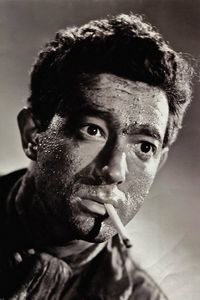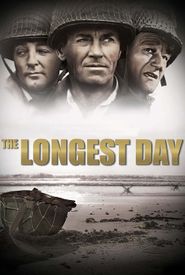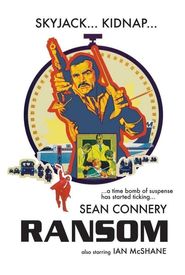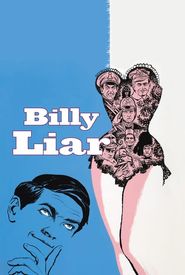Harry Landis, an English character actor of Polish parentage, was born in impoverished circumstances in the Jewish East End of London. As a young person, he worked various short-lived jobs, including pouring tea in a café, as a window cleaner, and as a milkman. His love for theater led him to perform with a variety troupe during the war years, mostly in parks and air raid shelters.
By the age of twenty, having completed his military service, Landis received a grant from the London County Council to study for three years at the Central School of Speech and Drama. He then acted with the Elizabethan Theatre Company, mostly in Shakespearean roles, and in repertory theatre before making his screen debut in 1955.
Regarded as a 'working-class actor', Landis was cast accordingly, with one of his first leading roles being in Arnold Wesker's play The Kitchen. He later turned to direction, notably with Arthur Miller's Death of a Salesman at the Unity Theatre in 1966 and as artistic director of the Marlowe Theatre in Canterbury.
On the screen, he often portrayed army privates, barkeeps, tradesmen, passengers, and generally unassuming average Joes. Specifically, Landis is familiar to television audiences as the insufferable Mr. Morris in the sitcom Friday Night Dinner (2011) and as Polish barber Felix Kawalski in 53 episodes of EastEnders (1985).
He also played Fagin's accomplice Toby Crackit in Oliver Twist (1962) and popped up multiple times as different characters in Dixon of Dock Green (1955). His film resume includes small roles in such wartime dramas as Hell in Korea (1956),Bitter Victory (1957),Dunkirk (1958),and Private Potter (1963).
Landis was president of the actor's union Equity from 2002 to 2008. Between 1994 and 2001, he also served as director of the Equity Charitable Trust.








































